
F1 Manager
《F1 Manager》 is a racing management simulation game released by EA Sports, where players take on the role of a Formula 1 team manager, responsible for managing the team, developing strategies, financial arrangements, and technological research and development.
Game Details:
Originally released in 2000, "F1 Manager" is a classic for F1 fans and simulation management game enthusiasts alike. In this game, players are no longer racers but managers standing behind the team, coordinating the overall situation. You are responsible for signing drivers, hiring technical personnel, developing car parts, formulating race strategies, and dealing with the team's financial issues. The game covers real F1 teams and tracks and features dynamic weather and a season system, allowing players to experience the real challenges of team management. In addition, during the race, players can adjust strategies in real-time, such as changing pit stop plans, tire choices, etc., fully demonstrating the charm of strategy formulation.
Editor's Recommendation:
If you are a loyal fan of F1 racing and are interested in behind-the-scenes management, technical development, and teamwork, "F1 Manager" is definitely your best choice. Unlike traditional racing games that emphasize operating skills, this game tests your strategic vision and management skills. From finding sponsors and training rookies to developing engines and dealing with emergencies, every decision affects the direction of the entire season. It is an in-depth simulation work that requires patience and thought, and it is worth experiencing for every player who likes racing and strategy games.
Game Guide:
To achieve good results in "F1 Manager," you must start with all aspects of team management. First, reasonable budget allocation is crucial. Do not spend all resources in the early stage, but allocate funds to key projects such as research and development, personnel, and sponsorship. Signing young drivers with potential is more cost-effective than simply pursuing big names. In terms of technology, it is recommended to prioritize the development of engine and aerodynamic upgrades in the early stage to improve the overall competitiveness of the car.
In terms of race strategy, predicting weather changes and reasonably arranging pit stop strategies can bring you great advantages. For example, switching to rain tires before it rains can often overtake opponents. Pay attention to the characteristics of the track. Some tracks are more suitable for speed-type cars, while others have higher requirements for handling. The pre-race settings should be adjusted accordingly. Managing the psychological and physical state of drivers cannot be ignored either. Maintaining team harmony and high morale is the key to stable performance.
In addition, constantly analyzing race data and opponent performance can help you adjust technical direction and tactical layout in time. If you want to become a champion team, you must start with the details and proceed step by step.
User Reviews
Strategy Related Retro Games
More
Penguin Brothers
Arcade
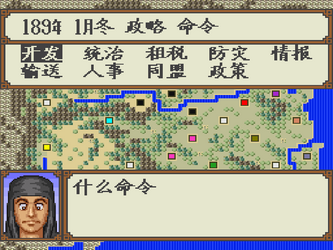
Yokoyama Mitsuteru's Sangokushi
SNES

Pokémon: Team Rocket Edition
Game Boy Advance

Theme Hospital
MS-DOS
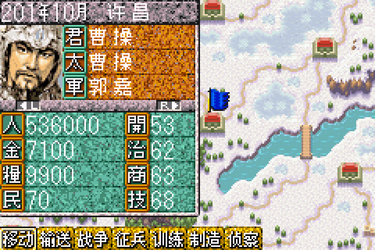
Sangokushi
Game Boy Advance

Pokémon Platinum Version
Nintendo DS
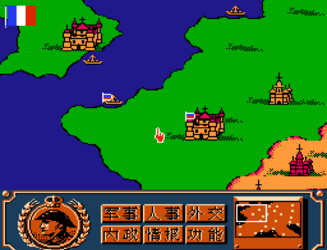
Napoleon's War
NES / Famicom
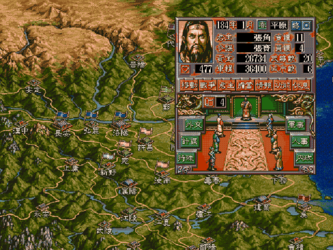
Romance of the Three Kingdoms V
MS-DOS

Yu-Gi-Oh!Duel Monsters
Game Boy Advance

Pokémon Pinball
Game Boy Advance

Super Real Mahjong Dousoukai
Game Boy Advance
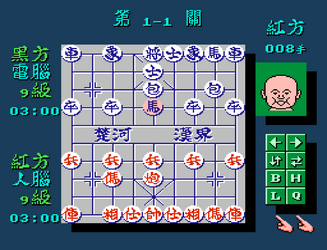
Chinese Chess
NES / Famicom
Simulation Related Retro Games
More
Theme Hospital
MS-DOS

Sangokushi
Game Boy Advance

Pokémon Platinum Version
Nintendo DS
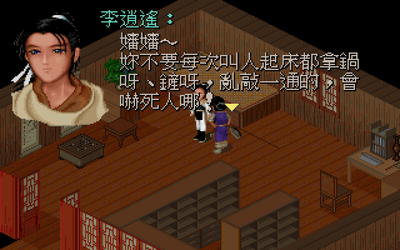
The Legend of Sword and Fairy
MS-DOS

Napoleon's War
NES / Famicom

Romance of the Three Kingdoms V
MS-DOS

F1 Race
NES / Famicom

F1 Manager
MS-DOS

Hamster Paradise Advanchu
Game Boy Advance
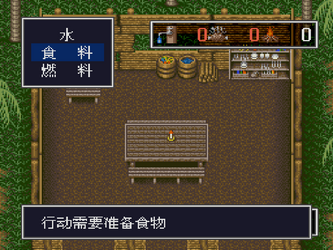
Mujintou Monogatari
SNES
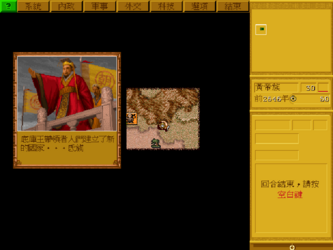
China
MS-DOS

MySims
Nintendo DS
Sports Related Retro Games
More
Inazuma Eleven
Nintendo DS

F1 Manager
MS-DOS

OutRun
Arcade

Super Sidekicks 3: The Next Glory
Arcade
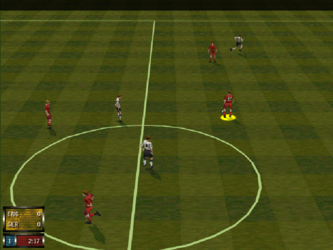
FIFA 97
MS-DOS
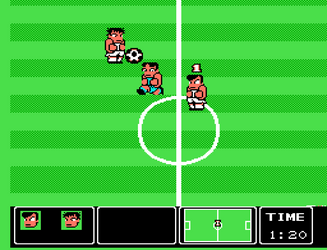
Nintendo World Cup
NES / Famicom
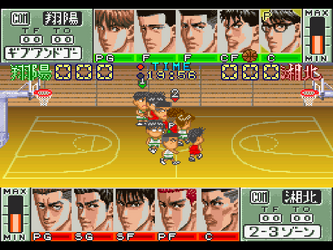
Slam Dunk 2
SNES

Mario Tennis
Virtual Boy
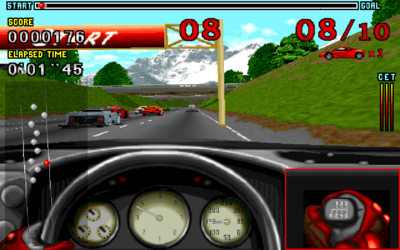
GT Racing 97
MS-DOS
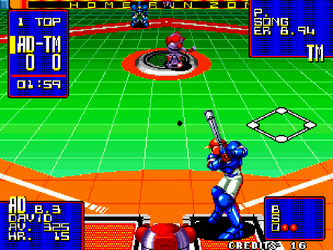
Super Baseball 2020
Arcade

WWF WrestleMania: The Arcade Game
Sega 32X
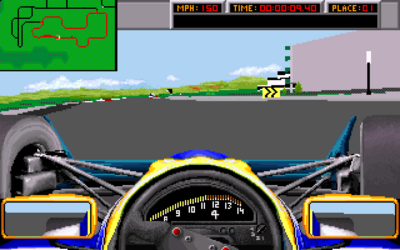
Grand Prix Unlimited
MS-DOS